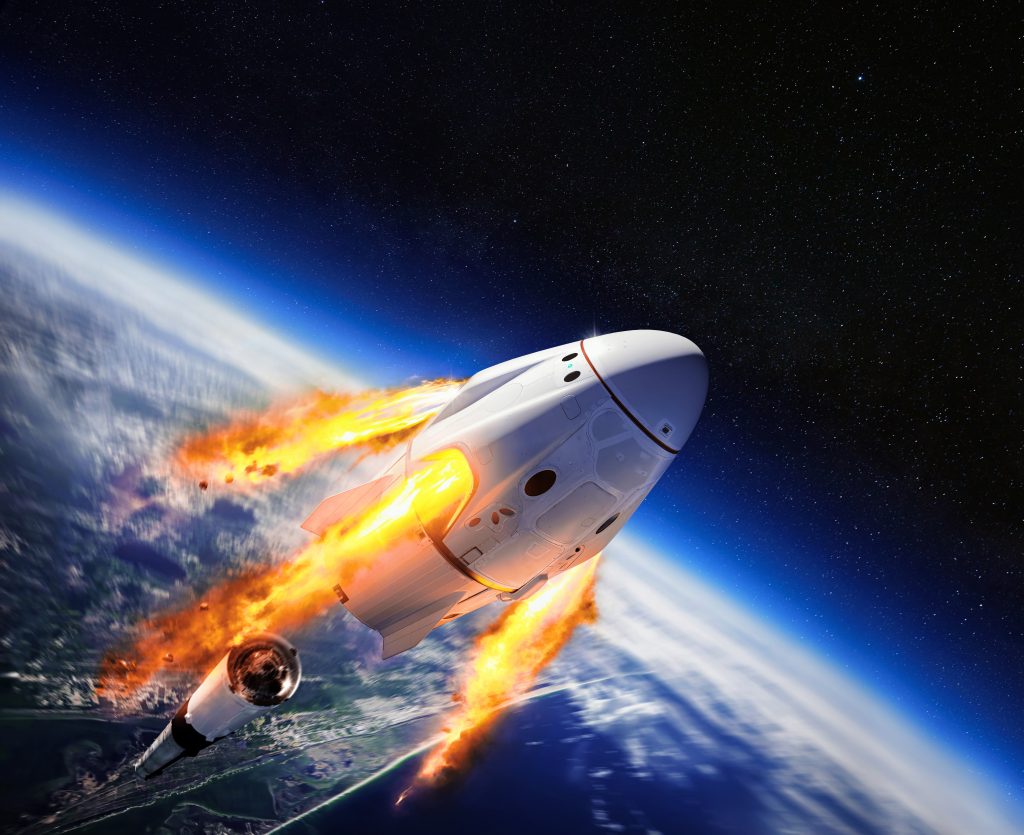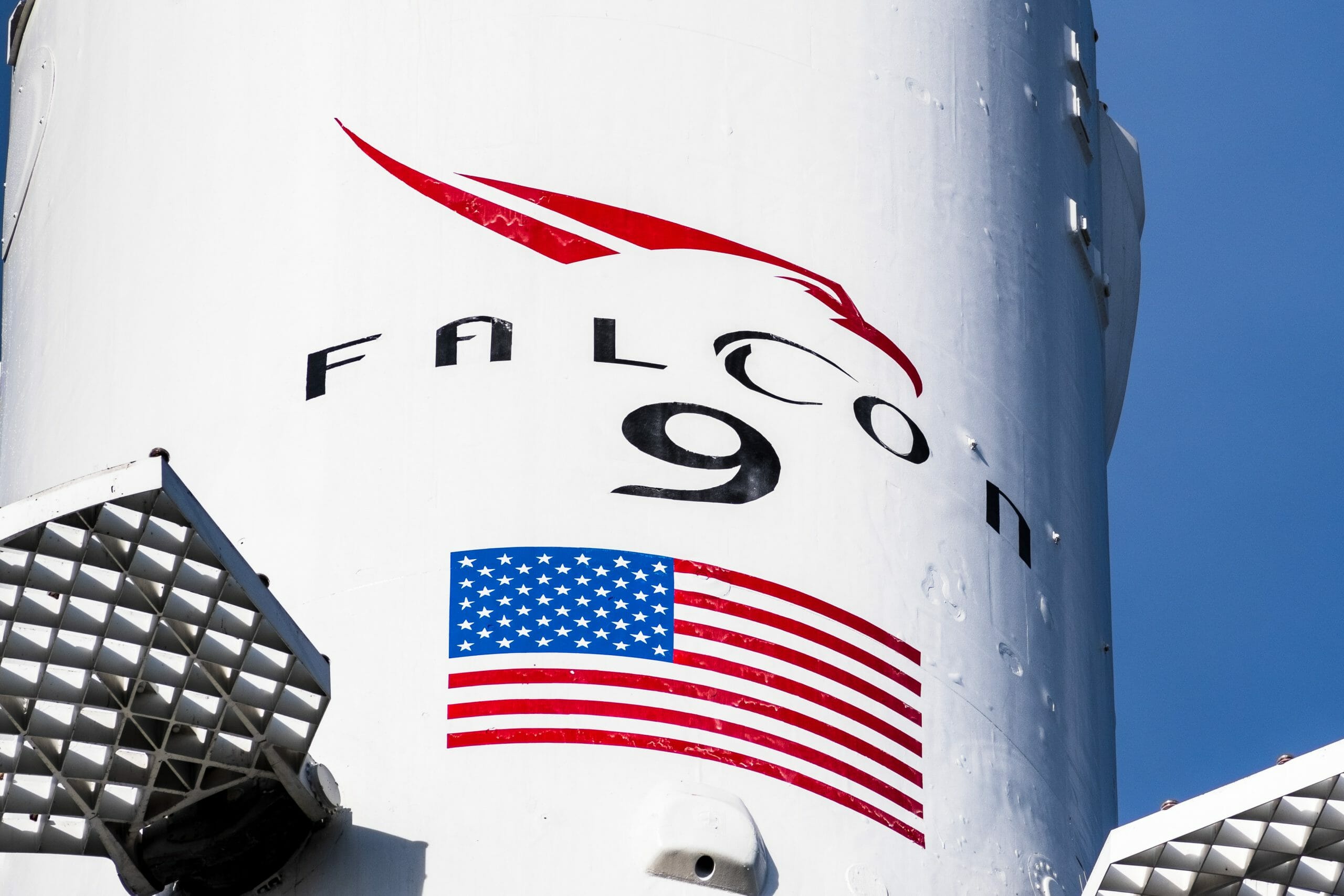The Falcon 9 booster, a rocket that was part of Elon Musk’s 2015 space developments, is due to collide with the Moon and initiate an explosion on 4th March. Thankfully, when talking to BBC News, professor and astronomer from the Harvard-Smithsonian Centre for Astrophysics, Jonathan McDowell, mentioned that this explosion would only cause a minor crater on the surface of the Moon, however, he was not without his reservations. McDowell envisioned the inevitable collision as a “four-tonne empty metal tank, with a rocket engine on the back [thrown] at 5,000 miles an hour” into the moon; “it’s not going to be happy”.
This event will be documented as the first unmonitored, uncurbed collision due to the nature of gravity which has been controlling the rocket since its mission in 2015. The rocket was expected to come back to Earth, however, due to a lack of fuel, the rocket was unable to return. This mission was an extension of Elon Musk’s company, SpaceX, which hoped to collect research in space with the overall objective to expand human life onto alternate planets. This particular rocket had undergone a million-mile journey to collect weather information before running out of fuel and becoming “dead” in space.
Surprisingly, this rocket joins a large portion of space debris and ‘space junk’ that has accumulated in space over time and potentially threatens to impact satellites that provide crucial information for weather predictions and GPS services. However, McDowell has added that the effects of this particular collision will be ‘minor’. For the last 7 years, the rocket has succumbed to a variety of gravitational forces, which McDowell described, creates for a very “chaotic” pathway, “just following the laws of gravity”; however, this will not alter the gravitas of the collision.

Despite the unique occurrence of this event, McDowell noted that this might not be the first time this has happened as with lots of objects in space, it has proven incredibly difficult to track their movements. When talking to BBC News, he added “this would be the first confirmed case”.
Falcon 9’s pathway was initially recognized by Eric Berger via Ars Technica, “a publication devoted to technology [catered] to…”alpha geeks”: technologists and IT professionals” and clarified by Bill Gray via his blog ProjectPluto.
The proposed date for the collision is the 4th March, however, Bill Gray noted that there was a near occurrence on 5th January, emphasizing the irrational nature of the rocket and its gravitational pull. Fortunately, astronomers are aware of the potential damage this incident could cause as in 2009, McDowell carried out an experiment to collect evidence of collisions of this magnitude. Therefore, the chances that the collision will amount to unexpected damage is unlikely.
However, as space is the great unknown, McDowell continued to add that complacency is not the correct approach to future incidents, especially when considering the mission of SpaceX, to utilize space as a means to accommodate human development: “If we get into the future where there are cities on the Moon, we want to know what’s out there. It’s much easier to get that organized when there is slow traffic in space, rather than waiting until it’s a problem”, McDowell told BBC News.
As space slowly becomes a more viable and accessible option, it is crucial that tech and science is geared towards understanding its intricacies before it is extrapolated and applied to the human experience.













